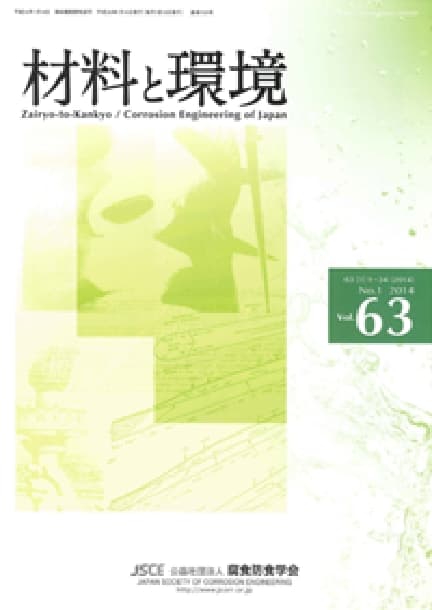It has been found that a TiO2 coating under illumination can cathodically protect substrate metals, in a non-sacrificial way, by its photoelectrochemical characteristics. It has also been found that, when TiO2 layer containing Fe is coated under a plain TiO2 layer, the effect continues even after stopping illumination. In this work, the impedance of TiO2 coatings on ITO glass substrate, plain TiO2 (TiO2/ITO), TiO2 containing xFe% Fe (xFe Fe-TiO2/ITO), and TiO2 coating with 2 layers, plain TiO2 for outer layer and xFe Fe-TiO2 for inner layer (TiO2/xFe Fe-TiO2/ITO), were measured in a phosphate buffer solution, pH6, to study this slow decline of electrode potential after stopping illumination. A capacitance, CIL, was detected in the xFe Fe-TiO2/ITO and it was considered to be associated to the oxidation/reduction of Fe(II)/Fe(III) along with that of space charge layer, CSP. The CIL values reached a maximum around V=-400- -300mV vs. SCE. The maximum value increased with increasung xFe up to 6000μF/cm2 for 20% Fe-TiO2/ITO, being significantly larger than CSP (10-100μF/cm2). It was confirmed that the behavior of CIL and the slow decline of electrode potential for xFe Fe-TiO2/ITO could be explained by the model which assumed that the ratio of Fe(II)/Fe(III) depends on electrode potential. A significantly large capacitance was also detected in the TiO2/xFe Fe-TiO2/ITO. The flatband potential, Efb, or onset potential, Eon, for TiO2/xFe Fe-TiO2/ITO decreased down to the similar values to those of TiO2/ITO, while those values of xFe Fe-TiO2/ITO were relatively noble. Based on these results, it was confirmed that the TiO2 coating with 2 layers (TiO2/xFe Fe-TiO2/ITO) combines both less noble photo potential for cathodic protection and good characteristic of slow decline of electrode potential after stopping illumination.










